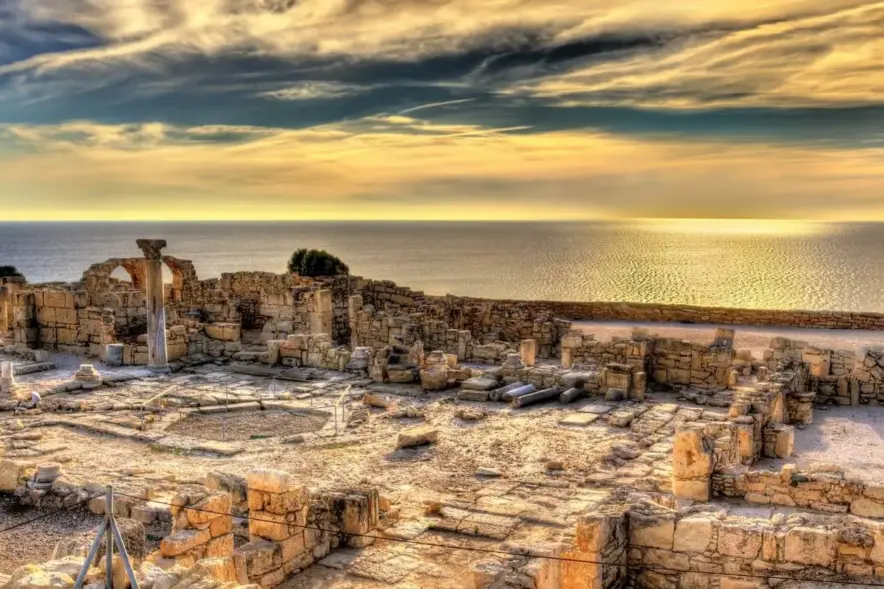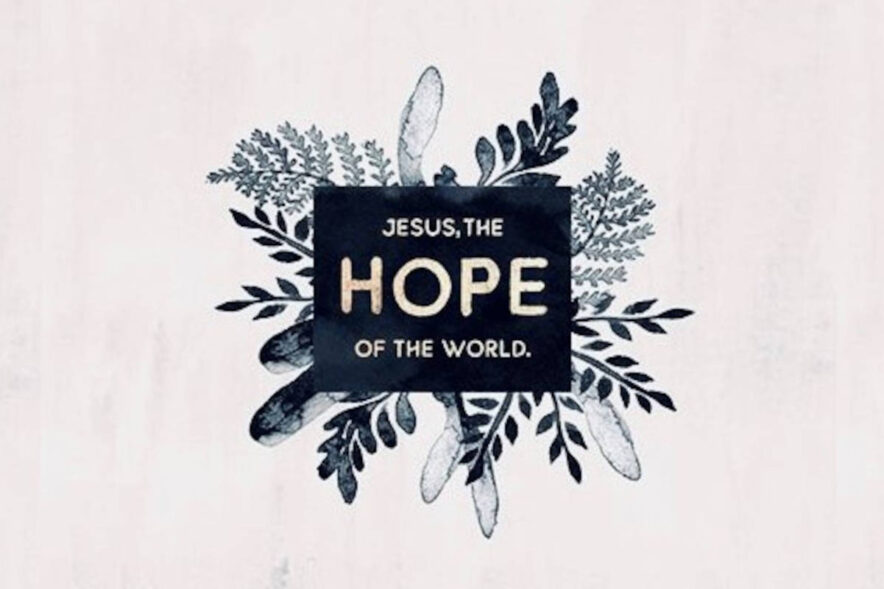Right from the beginning the church was flawed, as Jesus always knew she would be, and she has been...
Tag: church
Showed 10 to 18 posts out of 20 total under "Tag: church" category.
This article is dedicated to two good men in my life, my father, Ken, and my husband, Luke. My...
(Not a reader? Take a listen instead ⇓) “God is love. When we take up permanent residence in...
(Not a reader? Take a listen instead ⇓) “Behold, the virgin will be with child and will give...
“Walking, stumbling, on these shadow feet; toward home, a land that I’ve never seen. I am changing: less and...
Deciding to become a Christian has its origins in believing the things about Jesus, certainly, in an intellectual sense;...











